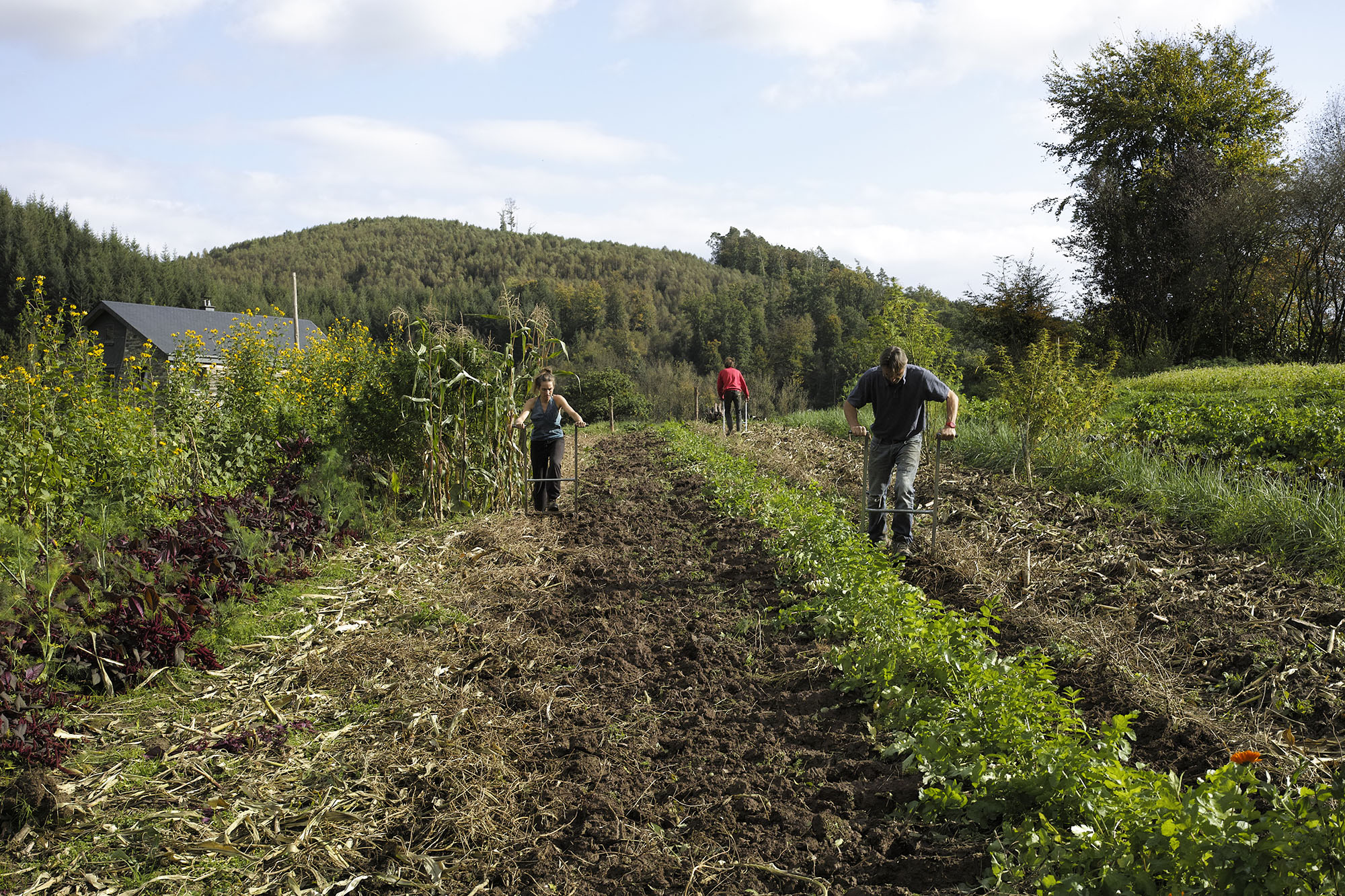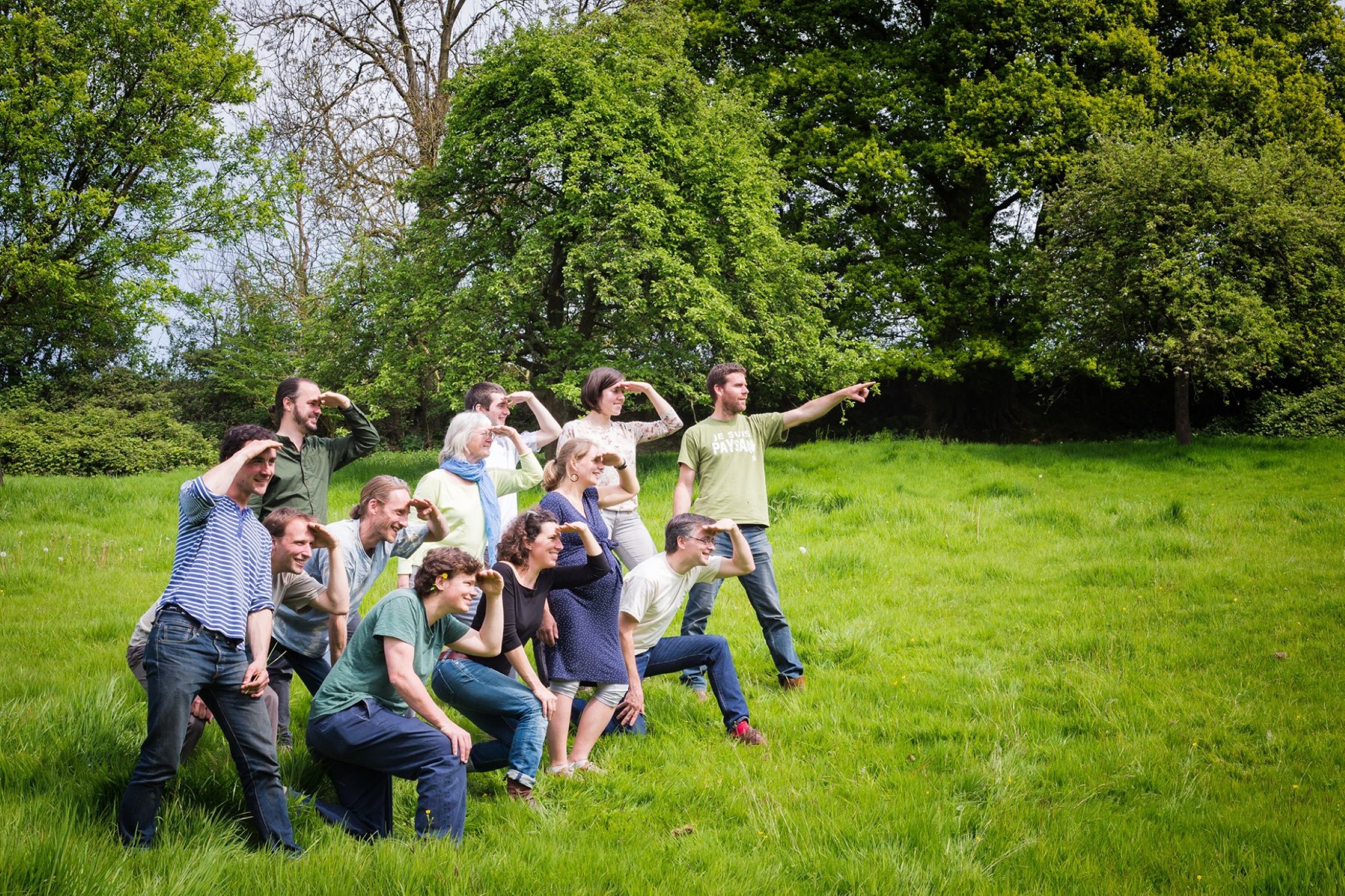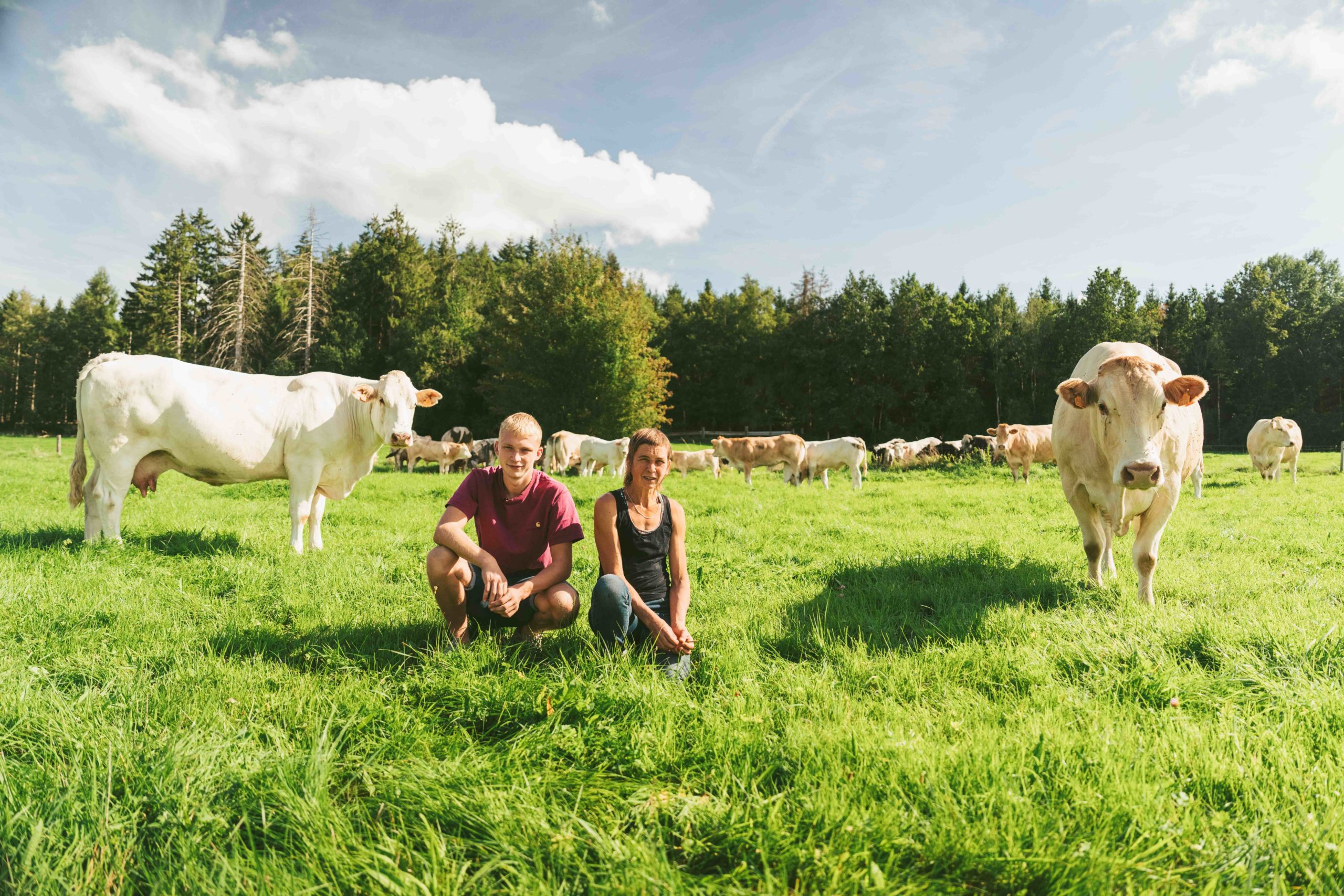Triodos Bank invests in nature-based solutions
Triodos NbS Portfolio
mehr lesen
The Terre-en-vue movement (made up of its 3 structures: asbl, cooperative and foundation) brings together citizens, farmers, organisations and public players.
In practical terms, Terre-en-vue:
Numbers of 2025:


Terre-en-vue works with its Dutch-speaking counterpart De Landgenoten, which is active in Flanders.
Structurally, Terre-en-vue is developing strong partnerships, especially with six networks:
Mögliche Initiativen, an denen das Projekt beteiligt ist:

The Terre-en-vue movement is made up of 3 legal structures:
Triodos Bank invests in nature-based solutions
We buy farmland free for organic farmers.
At Forestbase, we are on a mission to protect all primary rainforests globally.